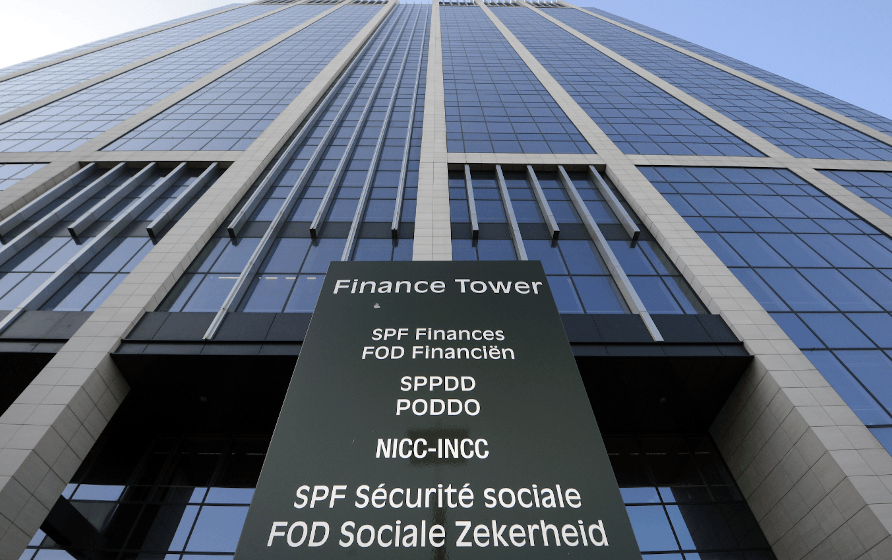Belgium will need to cut spending by at least €12 billion over the next three years to reduce its budget deficit below the European Union's (EU) mandated 3% of GDP by 2026.
The budget gap has been revealed by a recent report from the country's High Council of Finance, a committee which conducts analysis on behalf of the Federal Minister of Finance and the Minister of Budget.
This will make the formation of the next government more challenging, as politicians grapple with the need for fiscal discipline while addressing pressing economic and social issues.
The required savings, equivalent to 2.1% of Belgium's current GDP, are based on various scenarios developed by the High Council of Finance Belga News Agency reports, considering different economic growth projections and other factors.
The numbers do not yet account for the 0.3% of GDP in budgetary measures recently announced by the Belgian government, which would slightly reduce the required efforts.
Easing the burden over time
In the most favourable scenario, all of Belgium's political entities – the federal government, regions, and communities – would need to save 0.7% of GDP each year from 2024 to 2026. This amounts to a total effort of 2.1% of GDP, or €12 billion. A more stringent trajectory based on projections from the Federal Planning Bureau assumes annual savings of 0.9%, or a total of 2.8% of GDP, equal to €16 billion.
Related News
- Belgian Federal debt climbs to €469 billion
- Belgium's budget deficit to be largest in eurozone within 2 years
A third scenario proposed by the High Council of Finance focuses on concentrating most budgetary efforts in 2024, allowing for quicker stabilization of the country's growing public debt.
This plan would also entail total savings of 2.9% of GDP but with decreasing annual efforts: 1.6% in 2024, 0.9% in 2025, and 0.4% in 2026. Under this scenario, public debt would reach 106% of GDP in 2026, lower than the 107% and 108% projected under the other two scenarios.
Challenges ahead
The third scenario, with more substantial savings in 2024, is considered the least risky by the High Council of Finance, as it aligns with the European Commission's expectations for a credible budget plan in the coming years. However, the impending regional and federal elections in May 2024 may discourage the current government from implementing additional measures in the 2024 budget.
It is more likely that budgetary savings will be a priority for the next government in 2025 and 2026. This will further complicate the formation of the next federal executive, which is already anticipated to be challenging due to political fragmentation and the rise of extremist parties.

